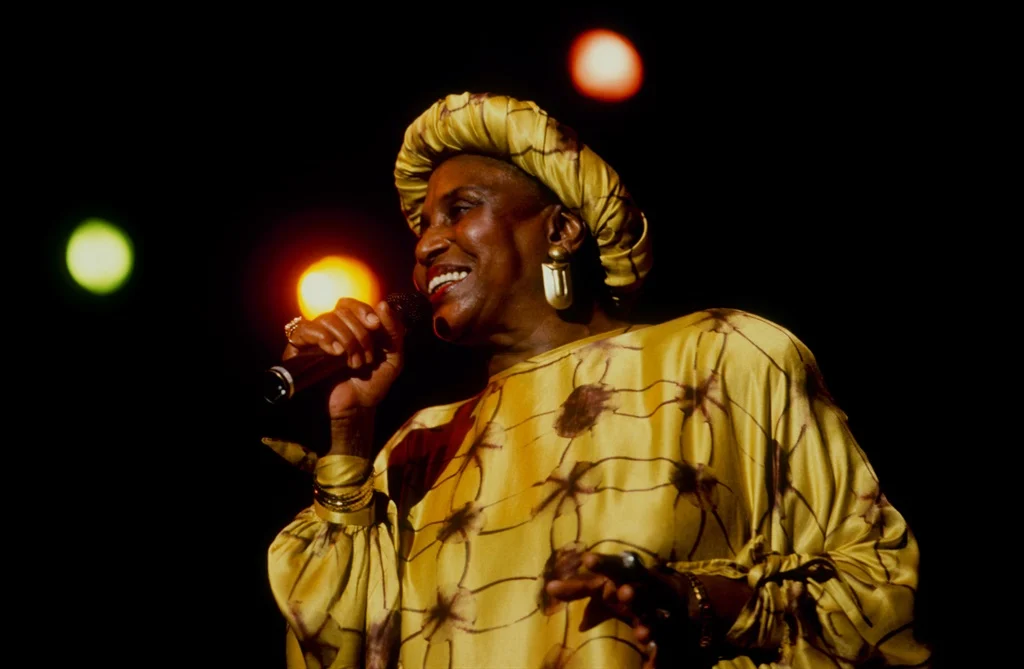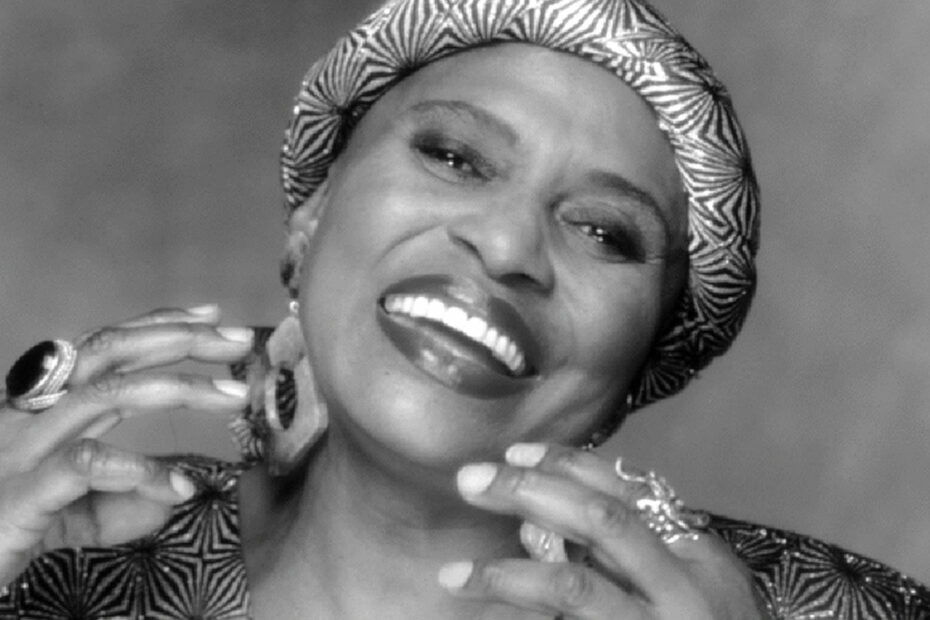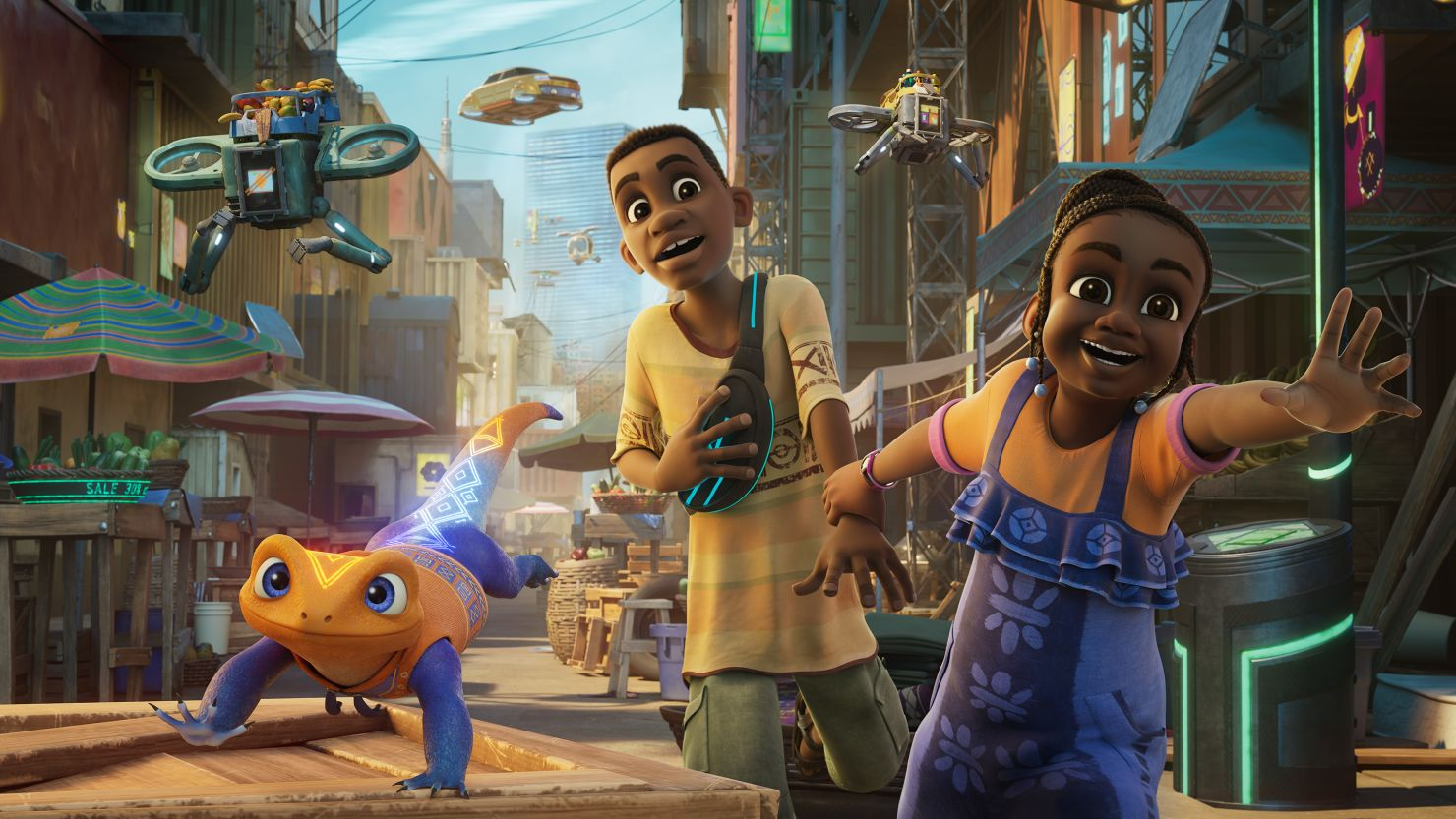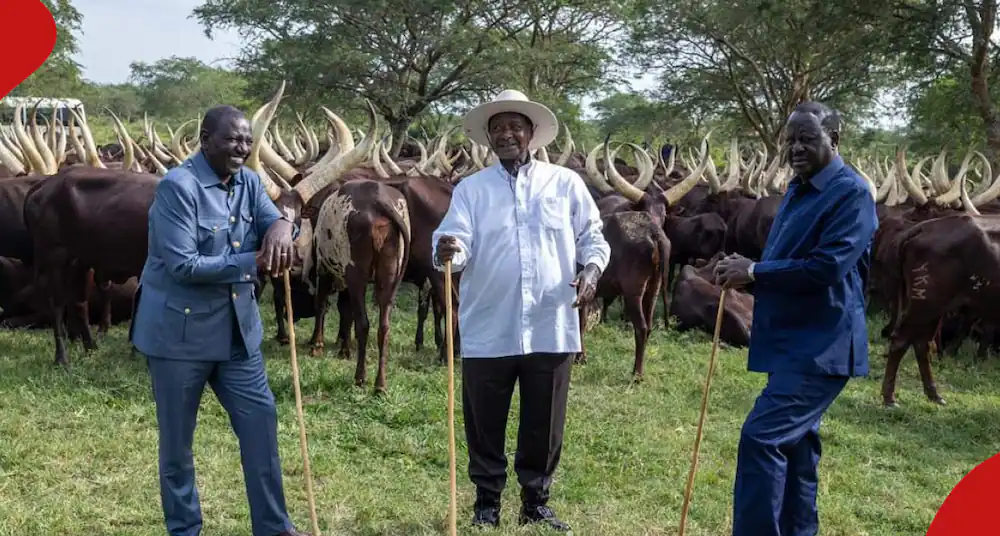Renowned singer and activist Miriam Makeba (1932-2008) would have marked her 91st birthday, this year 2023, cementing her legacy. Born as Zenzile Miriam Makeba in Johannesburg’s Prospect township, she led a life of profound global impact. Makeba passionately contributed to the struggle for black liberation, defending the integrity of African identity and artistry while living in a land devoid of her ancestral roots.
Despite facing bans in her homeland due to her outspokenness against apartheid, Makeba soared to the international stage, gracing global stages worldwide. Her journey was marked by both celebration and persecution in the United States, where she performed, and invitations to perform at independence celebrations in numerous African nations before eventually returning to South Africa later in life.
As we commemorate what would have been Makeba’s 91st birthday, let’s honor her enduring legacy. She not only navigated life as a black African woman often in exile within Western societies but also utilized her artistry to educate and raise awareness about Africa on a global scale.
Early Life of Miriam Makeba

In the 1940s, Miriam Makeba’s musical journey commenced at Kilnerton College, a Methodist elementary school where she showcased her vocal talents within the school choir. Notably, this institution counts among its alumni South Africa’s former chief justice, Dikgang Moseneke, the highly influential music education figure Professor Khabi Mngoma, and the revered struggle icon Lilian Ngoyi.
Makeba’s foray into the professional music scene began with the Cuban Brothers, marking her entry into the limelight. Subsequently, she joined the established Manhattan Brothers, harmonizing vernacular lyrics over a predominantly American swing and ragtime musical backdrop.
The Come Back Africa Documentary
As a founding member of the renowned all-female group, the Skylarks, Miriam Makeba’s career trajectory took a significant turn in 1952. She secured a role in Alf Herbert’s African Jazz and Variety production, a showcase highlighting black talent. Primarily catering to white audiences, the show permitted black attendees solely on Thursdays. It was during one of these performances that film producer Lionel Rogosin discovered Makeba, persuading her to participate in his contentious documentary, Come Back Africa.
This film shed light on the harsh realities endured by black South Africans under apartheid’s oppressive regime. Makeba’s brief appearance garnered attention, leading to an invitation to the film’s premiere in Italy. Little did she anticipate that her involvement in the movie would lead to a ban imposed by the apartheid government, preventing her from returning home, even for her mother’s funeral. This distressing incident marked the onset of her exile.
While promoting the film in London, Makeba crossed paths with the African-American folk singer and activist, Harry Belafonte. Their encounter marked a pivotal moment in her career in the United States, culminating in a collaborative Grammy-winning album titled An Evening with Belafonte & Makeba, where they formed an influential duet.
Miriam Makeba Using Art for Activism

Her artistic impact transcended stages and vocals. It reached far beyond her impeccable singing and interpretations of both international and South African music. Simply being present in the United States symbolized a powerful form of activism against the oppressive apartheid regime. Despite the effort to silence her and erase her from her people’s consciousness.
Living in the US mirrored the struggles of black communities in both America and South Africa. They endured profound injustices, marginalization, racism, and inequality. Much like the fight against apartheid in South Africa, the Civil Rights Movement in the US became a platform for black Americans to protest. Academic Barber-Sizemore observed Makeba’s voice as a canvas reflecting Americans’ narratives about Africa and race relations in America.
Her artistry, deeply rooted in South African circumstances, served as a piercing tool for awareness. In Gwen Ansell’s book ‘Soweto Blues’, the late Hugh Masekela agreed, stating that nobody in Africa made the world more cognizant of South Africa’s plight than Miriam Makeba. She inadvertently educated African-American artists through her song descriptions.
Introducing her songs, Makeba vividly portrayed life under apartheid and used every opportunity to confront inequality. As analyzed by academic Louise Bethlehem, Makeba’s work defiantly resisted the apartheid state’s attempts to dismantle African art and culture’s significance on the global stage.
African Americans didn’t just see themselves in Makeba; they saw the potential of what they could aspire to be. It was expressed through song, dance, attire, language, and ideology. Makeba found solidarity with artists like Nina Simone and Abbey Lincoln, whom historian Ruth Feldstein described as “an emerging collective of black women performers who merged their music with civil rights activism.”
Miriam Makeba’s Aesthetic Beauty as a Form of Activism
What strikes me most about Makeba is her unreserved embrace and celebration of her sexuality and sensuality. Her stage presence was often provocatively captivating, drawing audiences into her unique world. She possessed a keen awareness of the potency and beauty of her black body and its natural contours.
Her choice of natural hair and minimal, if any, makeup spoke volumes about her unwavering self-assurance deeply rooted in her African identity, unbound by Western standards of beauty and conformity.
When commemorating Makeba, it’s crucial not to confine her activism solely to her anti-apartheid speeches at the United Nations in 1963 and 1976. Her activism was intricate and multifaceted, interwoven into her music, the delivery of her melodies, lyrics, and artistic essence. Her artistry acted as a guiding light, burning brightly through one of history’s darkest chapters.
The Legacy of Miriam Makeba Inspiring African Generations
Kenyan author Ngũgĩ wa Thiong’o sees African artists singing in their indigenous languages as a global move towards decolonization and a symbol of Pan-African identity. Aaron Carter-Enyi recognized Makeba’s impact on inspiring other African singers to perform in their native tongues. Some of the musicians inspired by Miriam Makeba include Benin’s Angelique Kidjo, singing in Yoruba. In addition, Mali’s Oumou Sangare has followed in Makeba’s footsteps singing in Mandinka, and Nigeria’s Onyeka Onwenu, who sings in Igbo.
Makeba’s impact persists across generations, evident in today’s cultural customs. Our existence is intertwined with her past presence. However, her legacy often gets overshadowed by the intricacies surrounding her intellectual property and her connections with the men in her life.
Miriam Makeba’s Relationships
Makeba wasn’t merely the spouse of musician Masekela or Black Panther figure Stokely Carmichael. She wasn’t solely Belafonte’s “discovery from South Africa.” Upon her arrival in America, she stood as a consummate professional, perfectly equipped for her purpose.
While these men played roles in Makeba’s life, their significance has been exaggerated. Her legacy is formidable and stands independently. Her name requires no tethering. Through her “artivism,” she fought as fiercely, if not more, than many armed individuals.
It’s time to move beyond the commonly embraced moniker “Mama Africa.” Makeba was a steadfast symbol and an icon of African liberation and identity. Her legacy paved the path for future generations to embrace lives marked by authenticity, fearlessness, and courage.
Most Famous Miriam Makeba’s Songs
Angelique Kidjo refers to Makeba as “the first and biggest pan-African artist ever.”
Among an older audience, Makeba remains a revered icon. However, while younger listeners appreciate her timeless tunes, her name might not ring a bell. To honor Makeba’s legacy and offer an entry point for those unfamiliar, here are some of her most famous tracks.
1. Pata Pata
Makeba’s initial and universally recognized hit track, “Pata Pata,” holds a special place. Angelique conveyed,
“Play ‘Pata Pata’ to anyone, and they’ll know it. When I perform this song, I always say, ‘If you’re not familiar with this, you’re not living on Earth.’ As soon as I begin singing, they recognize it and rise to their feet. But when you mention Miriam Makeba, it’s like, ‘Who?’
Listen to Makeba performing ‘Pata Pata’, at Avo Session in Basel here:
2. Malaika
In 1965, Makeba’s rendition of ‘Malaika,’ a Swahili song, achieved global acclaim when she covered it alongside Harry Belafonte on their collaborative album, An Evening with Belafonte/Makeba.
Listen to Miriam Makeba perform Malaika Live at AVO Session (Basel Switzerland in 2006)
1. “Liwa Wechi”
While not as widely recognized, ‘Liwa Wechi’ showcases Makeba’s vocal depth beautifully. She delivers a poignant interpretation in Lingala, honoring a song by Congo’s revered composer and bandleader Franco Luambo Makiadi of TPOK Jazz, expressing a heartfelt lament for a departed friend.
Watch Miriam Makeba perform “Liwa Wechi” here live at The Cape Town International Jazz Festival in 2006
2. “A Luta Continua”
Originally sung in Portuguese as “A Luta Continua,” translating to “The Struggle Continues,” this anthem held immense importance for Makeba. It became synonymous with the FRELIMO liberation movement during Mozambique’s war for independence. As a lifelong activist against apartheid, Makeba deeply resonated with the song, witnessing the triumph over colonization in Mozambique, South Africa’s neighboring country, in 1975.
Listen to Makeba performing for the last time in South Africa in 2006 during the Cape Town International Jazz Festival. What a way to say goodbye to her people.



